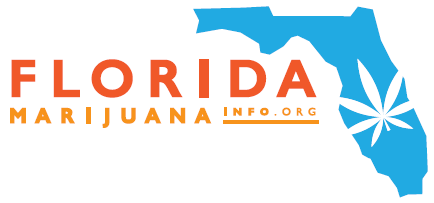Are you a veteran and interested in medical marijuana?
We recently celebrated another Veterans Day, a chance to thank the nearly 22 million people in the country who have served honorably in the armed forces. Of them, almost four million suffered some sort of disability connected to their service, often dealing with chronic pain or mental health issues that they will have to manage for the rest of their lives.
VA medical treatment has made great strides in recent years. One area where it cannot seem to move forward, unfortunately, is in access to medical marijuana. Though states are starting to fall like dominoes in terms of both recreational and medical legalization, marijuana remains a Schedule I illegal drug at the federal level, which means it’s still formally seen as having no medical value by the government. Since the VA is a federal organization supported by federal funding, recommending marijuana creates a seriously thorny legal conundrum as long as the DEA keeps it in Schedule I status, even though veterans often suffer from conditions that medical marijuana has been shown to help with.
As a term of their coverage, most veterans’ first point of contact for health care is their primary care doctor at their nearby VA hospital or clinic. Therefore, when they need a recommendation to get medical marijuana, they have to visit an outside doctor at their own expense (no insurance covers medical marijuana yet).
There have been some efforts to allow VA doctors to recommend medical marijuana for their patients. The most recent was a provision included in the 2016 VA funding bill. It actually managed to pass both the Senate and House, but ended up being stripped from the budget during private negotiations by the House Appropriations Committee and did not survive a later vote to restore it.
At the very least, veterans are not prevented from using medical marijuana on their own if they live in a state where it is legal (as it is now in Florida, at least for select conditions). The VA cannot take away their medical benefits for using it so long as they are complying with state law. VA doctors are allowed to stop prescribing certain medications if they learn a veteran is using medical marijuana, however.
So, what is the path forward for veterans to be able to obtain medical marijuana recommendations and have the VA fund their medicine? There are actually several different angles from which to attack this problem.
1) The best immediate bet for veterans living in medical or recreational states is the annual VA funding bill. Giving doctors the ability to prescribe was within reach in 2016 and has broad bipartisan support, making it very possible for a similar measure to make it through in 2017 or beyond. Funding or providing the actual medical marijuana is still extremely unlikely while it sits in Schedule I status federally, however, which brings us to step 2 …
2) A change in marijuana’s federal status would make both recommending and providing much easier to get through Congress. This wouldn’t even require full recreational legalization, which looks to be virtually impossible with Republican control of all three branches of government; a simple reduction in status to Schedule II or lower, in which drugs are recognized as having valid medical application, would help tremendously.
3) Until there is some sort of reduction or removal from the DEA’s schedule of controlled substances, veterans will need the state they live in to approve the use of medical marijuana for their condition.
All of these options involve making your voice heard with your Congress people. Polling shows that people of all political stripes tend to support the availability of medical marijuana, especially for veterans. And as of the 2016 elections, over half of the states now have at least some sort of medical approval on their books. Unfortunately, the DEA seems to remain entrenched in its position, reaffirming that marijuana should remain in Schedule I. This attitude can only hold against the mountain of medical evidence and the will of the people for so long, however.
Medical Marijuana and Veterans in Florida














 OMD Agency
OMD Agency
Recent Comments